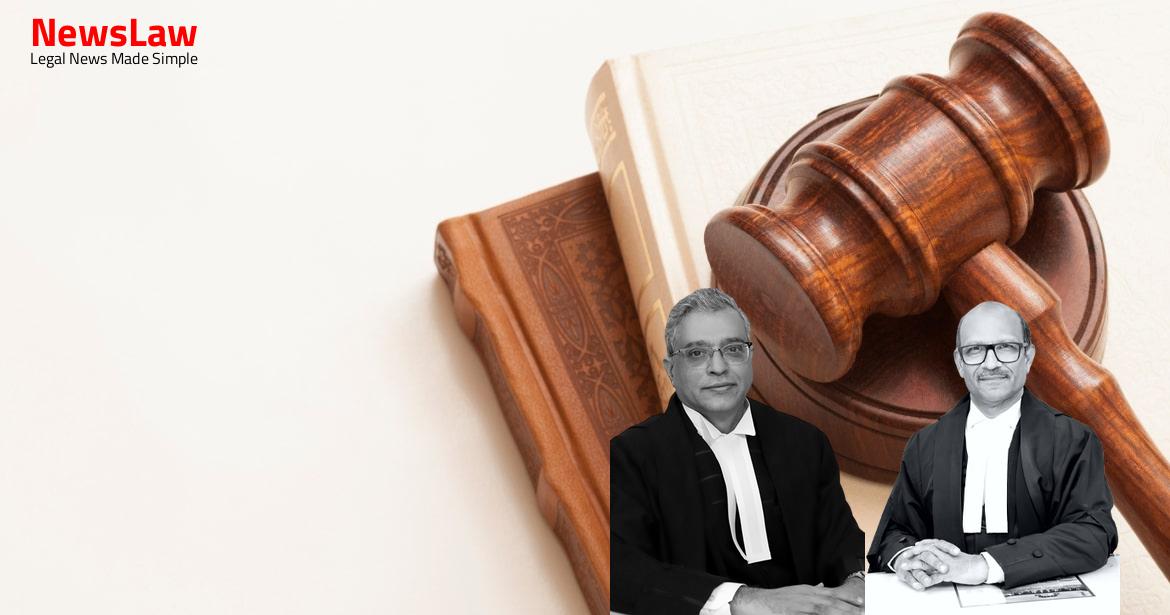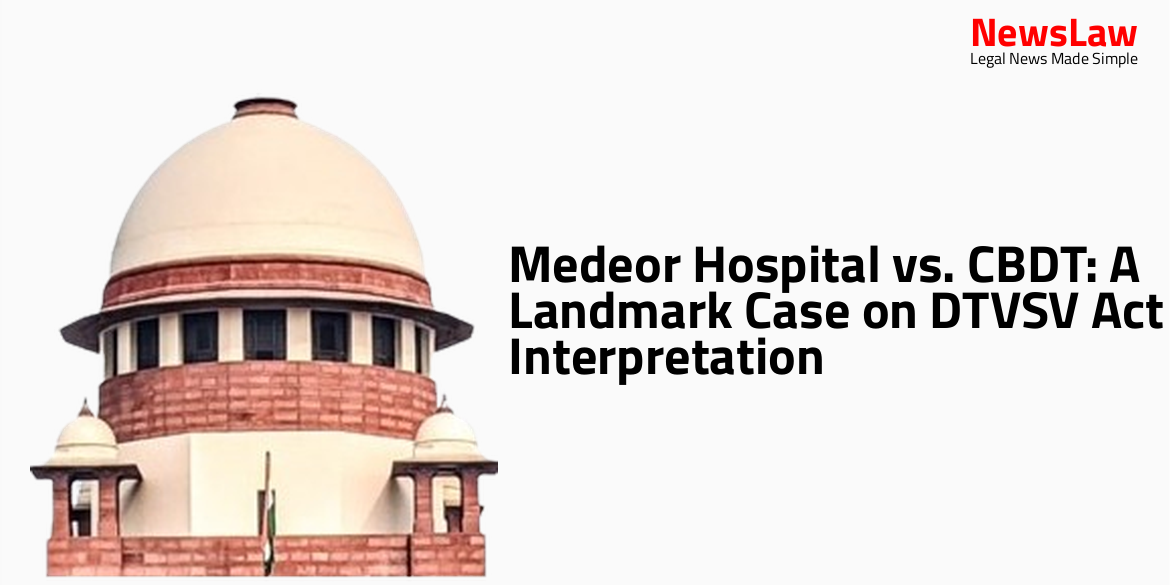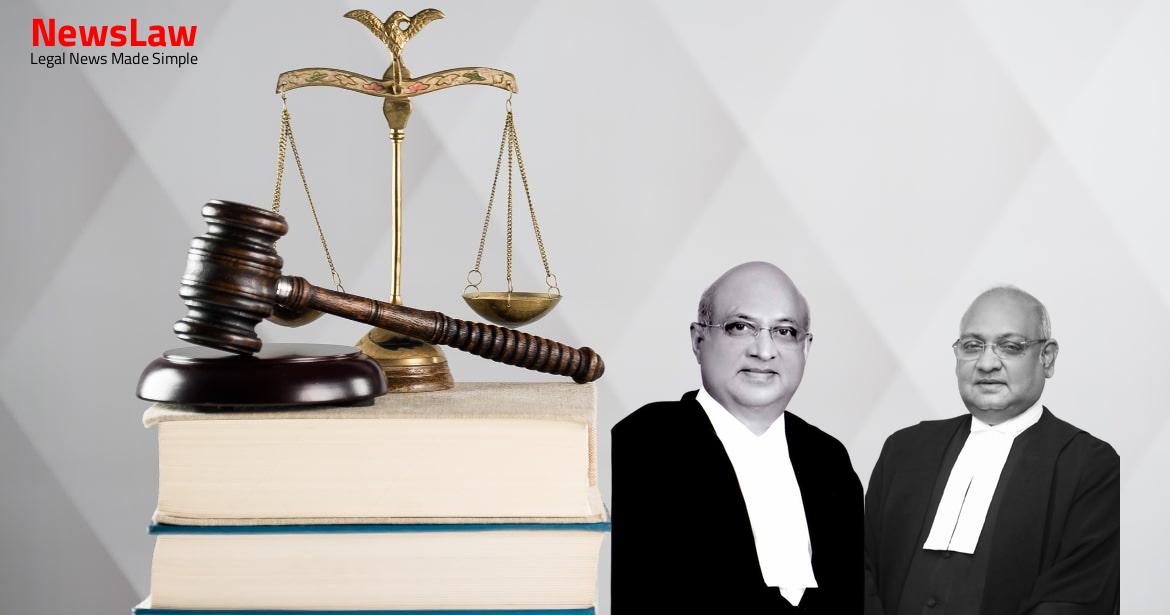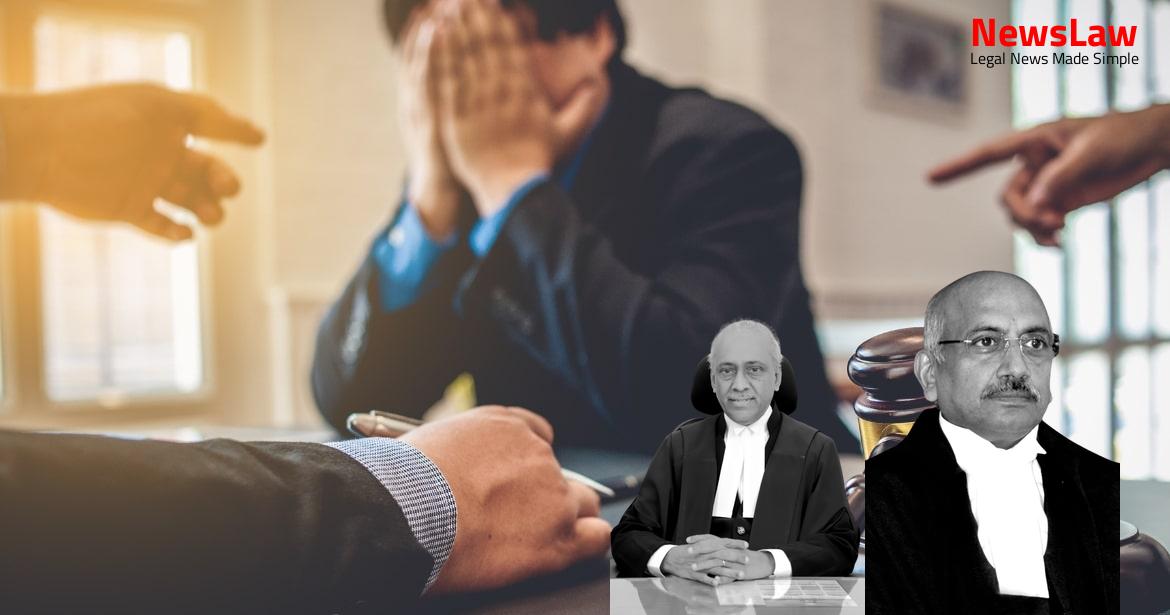In a significant legal case involving a seniority dispute in the industrial establishment sector, the Supreme Court of India rendered a crucial decision. The case pertained to the determination of seniority based on the date of promotion to the skilled grade, rather than the date of induction in the semi-skilled grade. The judgment has far-reaching implications for employees and the application of service rules within industrial establishments.
Facts
- The Central Administrative Tribunal (CAT) allowed the Original Application No 821 of 2007 preferred by the appellant on January 23, 2009.
- The appellant was entitled to seniority consideration based on the order passed in a similar case, Original Application No 831 of 2007.
- Private respondents filed Original Application No 318 of 2009 against the proposed revision of seniority list and promotions.
- Due to probation extension, the appellant and other respondents were placed below those promoted earlier to the skilled grade.
- Private respondents challenged the CAT orders by filing a Writ Petition before the Madras High Court.
- The High Court directed the Union of India and respondent No 2-Factory to restore the seniority of the private respondents, placing them senior to the appellant.
- Completion of probation and passing the required trade test were mandatory for confirmation and promotion to the skilled grade.
- In the skilled grade, the private respondents were deemed senior to the appellant as per their initial appointment dates.
- The appellant was initially appointed as a ‘Fitter General (semi-skilled)’ in respondent No.2-Factory in 1996.
- He completed his probation period satisfactorily and was promoted to the ‘Skilled’ grade in January 1999.
- A draft seniority list issued in 2006 ranked him lower than private respondents based on date of promotion to Skilled grade.
- CAT dismissed his Original Application challenging the seniority list.
- He filed another Original Application in 2007 disputing the draft list.
- CAT allowed a similar application by another employee, Mr. P. Kumaresan, due to incorrect seniority fixing.
- The High Court directed to restore the original date of promotion for the appellant and reconsider their subsequent promotion in light of corrected seniority.
- The judgment dated October 10, 2011, by the Division Bench of the High Court is being challenged in this appeal.
- The extension of probation period caused the appellant to be placed lower in seniority than those promoted earlier.
- Writ petitions were allowed, setting aside the Tribunal’s order in favor of the appellant.
Also Read: Landmark Judgment: Supreme Court’s Decision on Further Investigation Application
Arguments
- Appellant was appointed as a Fitter General (semi-skilled) on January 17, 1996, which is a trainee grade.
- To be confirmed and promoted to the skilled grade, the employee must complete probation and pass a trade test.
- The appellant challenged the draft seniority list after it was published in 2006, as it placed private respondents as senior.
- The seniority principle follows confirmation, with permanent officers ranking above officiating ones.
- The extant rules do not specify a trade test for promotion to the skilled grade, and services are confirmed after probation.
- The period spent in training/probation must be considered for seniority computation as per court judgments.
- Movement from semi-skilled to skilled grade is regarded as confirmation/upgradation, not promotion.
- Seniority is delinked from confirmation as directed by the Supreme Court.
- The general principle of seniority is applicable upon promotion to the skilled grade, clarified by a Government Order.
- The appellant failed to complete probation within the stipulated time, losing seniority to private respondents who were promoted earlier.
- The High Court’s findings on the challenge to the seniority list were deemed erroneous as it overlooked relevant rules and principles.
- The appellant was unable to complete his probation period and pass the trade test on time.
- This resulted in the appellant being placed below the private respondents in the draft seniority list.
- Learned counsel for the respondents argued that due to this reason, the appeal should be dismissed and the order passed by the High Court affirmed.
- The Private Respondents were placed higher in seniority as per the clarification issued by the Ordinance Factory Board.
Also Read: Supreme Court Ruling on Inclusion of Allowances in Deceased’s Income Calculation
Analysis
- The court analyzed the arguments presented by STA and the respondents.
- STA was found to have violated the provisions of the law related to environmental protection.
- The court held that STA should comply with the statutory framework and take necessary measures to address the environmental issues.
- STA was directed to submit a detailed action plan within a specified timeframe to rectify the environmental violations.
- The Division Bench of the High Court found private respondents to be senior to the appellant based on their date of appointment and order of merit.
- The retrospective effect of the Government Order dated 4 August, 2015, would have a catastrophic effect on the seniority of the entire cadre.
- Seniority is to be counted from the date of promotion to Skilled grade and not from the date of induction in semi-skilled grade.
- The appellant was promoted to the skilled grade after completing the extended probation and trade test, while private respondents were promoted to highly skilled grade earlier.
- The GO dated 4 August, 2015, modified the rules governing seniority in Industrial Establishments, superseding earlier orders/circulars.
- The seniority cannot be given retrospectively unless explicitly provided by relevant service rules.
- The confirmation in service relates back to the date of initial appointment in usual circumstances.
- The completion of probation period and passing of the trade test are essential for promotion to the skilled grade.
- The GO dated 4 August, 2015, changed the rules for determining seniority to be based on the date of initial appointment.
- The seniority cannot be altered retrospectively after a long period as it would unjustly affect employees and disrupt settled positions.
- Office Memorandum/Government Order cannot have a retrospective effect unless expressly provided for
- Seniority in service is determined based on service rules
- Altering seniority list at a belated stage may adversely affect employees
- Length of service considered for determining seniority
- Original appointees should be allowed a sense of security after a few years in service
- Seniority list should not be reopened after a reasonable period
- Subsequent Government Order modification/amendment may have prospective application
- Clarification or explanation may not expand or alter existing rules
Also Read: Judicial Review of Delimitation Orders: Upholding Constitutional Values
Case Title: V.VINCENT VELANKANNI Vs. UNION OF INDIA . (2024 INSC 748)
Case Number: C.A. No.-008617-008617 – 2013



